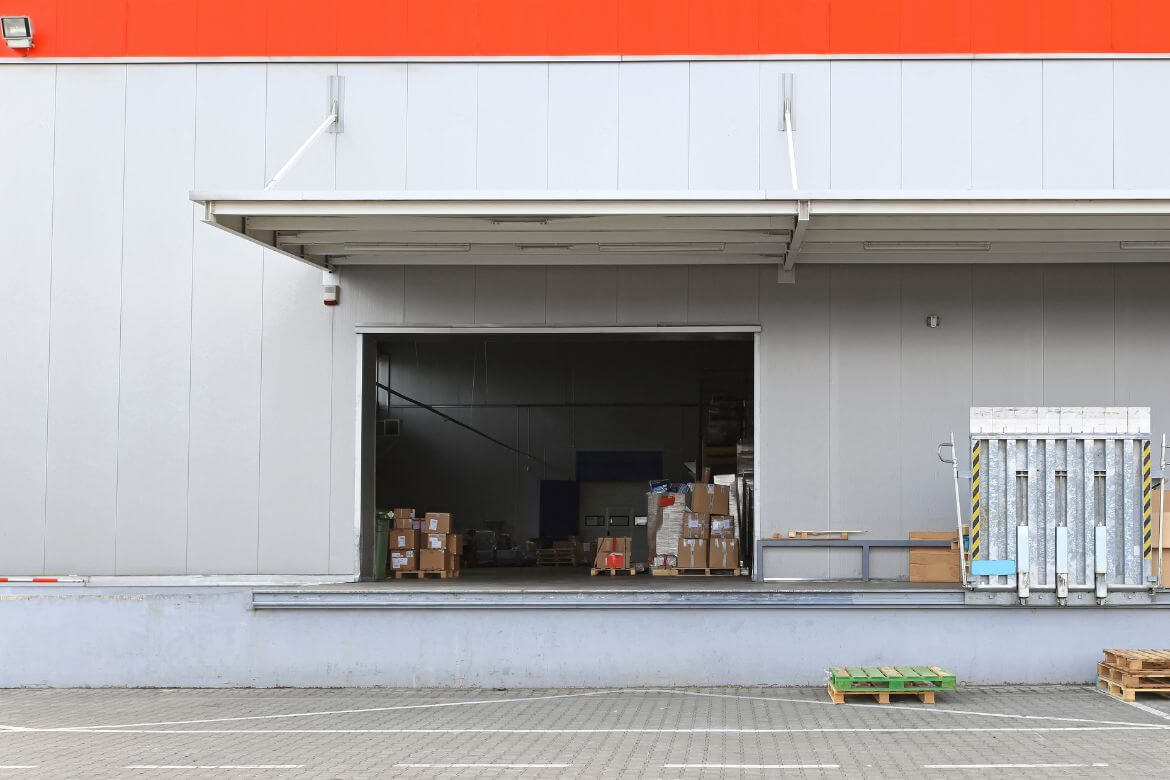13th March, 2025
Key Duties Of The Health And Safety At Work Act For Your Business
The Health and Safety at Work etc. Act is an enabling act. It sets out the general health and safety duties that all businesses have to comply with in the UK. It enables further, more specific, health and safety regulations to be passed by law and enforced under it.

The Health and Safety at Work etc. Act 1974 might sound like something from the olden days, but it's still very much relevant today. Although it was written over 50 years ago, this piece of legislation applies to every business and covers all workers in the UK. Not only does it still apply, it enables every other health and safety regulation to be introduced and enforced. It's a big deal.
The Health and Safety at Work etc. Act 1974 (that's quite a mouthful, let's call it the HASWA going forward) covers employees, but also contractors, visitors, members of the public and anyone else who may be affected by the activities of your business.
Before we go into the key duties, it's important to remember that the HASWA applies to all workers and workplaces. Because it needs to apply to various businesses with different activities, hazards and risk levels, it is, in its nature very general. It doesn't tell you how to handle specific risks. Other regulations introduced under the HASWA might do that, for example, the Control of Asbestos Regulations, or the Working at Height Regulations.
The HASWA tells you what your responsibilities are, but not necessarily how to achieve them. It leaves you free to decide how to apply the duties and meet the requirements, within reason. This is because what needs to be done in one business will be very different from another.
An office-based business is going to have far different health and safety needs from a construction company or an industrial facility, for example.

So what are these health and safety duties you must comply with at work? With 85 sections and 10 schedules, the HASWA is a fairly bulky item of law, and we're not going to cover it all here*. Instead, we've picked out some of the most important parts to give you an overview of what you need to comply with the law.
*If you do want to read the full act, here's the link -> Health and Safety at Work etc. Act 1974
Let's look at some of the key duties the HASWA puts on you.
Duties of employers to employees
Under section 2 of the act is the duty of employers to ensure the health, safety and welfare of all employees. That means you need to look after your employees and protect them from harm at work.
It shall be the duty of every employer to ensure, so far as is reasonably practicable, the health, safety and welfare at work of all his employees.
In particular with:
- Safe plant and systems of work
- Safe use, handling, transport and storage of articles and substances
- Providing information, instruction, training and supervision
- A safe place of work, with safe access and exit
- A safe working environment and adequate welfare facilities
- A written health and safety policy
- Consultation with safety representatives and safety committees for recognised trade unions

Duties of employers to others
Employers also have duties to others, not just employees. This duty is detailed in section 3 and requires employers to protect anyone who may be affected by their business activities.
This could include:
- visitors
- contractors
- members of the public
- building occupants
- clients
It shall be the duty of every employer to conduct his undertaking in such a way as to ensure, so far as is reasonably practicable, that persons not in his employment who may be affected thereby are not thereby exposed to risks to their health or safety.
Duties of landlords and building owners
You don't have to be an employer to have duties under the HASWA.
Section 4 of the HASWA places a duty on building owners to ensure safe access and egress for those using their premises as a place of work. This duty applies to anyone who has control of work premises or premises used as a place of work.

Duties of manufacturers and suppliers
Manufacturers have duties with regard to the supply of articles and substances for use at work under section 6 of the HASWA.
- Designed and constructed so that it will be safe to use, maintain and clean, and without risk to health
- Tested and examined as necessary
- Provide adequate safety information to the person they are supplying
- Provide revision of information as necessary
Duties of employees
Section 7 places duties on employees at work. This includes taking reasonable care of themselves, and others, and complying with the rules put in place by their employer.
It shall be the duty of every employee while at work—
- to take reasonable care for the health and safety of himself and of other persons who may be affected by his acts or omissions at work; and
- as regards any duty or requirement imposed on his employer or any other person by or under any of the relevant statutory provisions, to co-operate with him so far as is necessary to enable that duty or requirement to be performed or complied with.
Everyone must play their part in workplace health and safety. As an employee, that means taking care of yourself and others, and following health and safety rules.
Duties not to misuse
Section 8 of the HASWA also applies to employees and all persons at work and states that no person should misuse or interfere with anything provided for health and safety or welfare. That would include PPE and other control measures for health and safety.

Duty not to charge
In section 9, the HASWA sets out how employees cannot be charged for health and safety requirements, like PPE.
No employer shall levy or permit to be levied on any employee of his any charge in respect of anything done or provided in pursuance of any specific requirement of the relevant statutory provisions.
Personal liability
Another important duty, or liability, under the act, is that of personal liability, particularly for directors. In section 37, the act sets out how where a health and safety offence is committed by a business, which can be attributed to a director or senior officer of the business, they can be personally liable to prosecution.
Want more information on how to comply with health and safety laws? Find out more about the legal health and safety responsibilities of employers.
This article was written by Emma at HASpod. Emma has over 10 years experience in health and safety and BSc (Hons) Construction Management. She is NEBOSH qualified and Tech IOSH.
Better health and safety...
We are here to help you and your business put safety in everything.
Learn MoreRecent posts like this...

Is Health And Safety Training A Legal Requirement?
For all business types, health and safety training will be a legal requirement in one form or another. Your team might need external training courses, qualifications, and certificates. Staff may need in-house inductions, on-the-job training, and toolbox talks. Often, a mixture of both is required.
Read Post
HSE Fee For Intervention Charges Explained
FFI stands for 'fee for intervention', which was introduced under the Health and Safety (Fees) Regulations 2012. FFI aims to recover the HSE's costs, including inspection, investigation and enforcement action, charging businesses that are in breach of health and safety regulations.
Read Post
How To Plan For Better Health And Safety At Work
If you want better health and safety, you need to plan for it. And who doesn't want to stay safer and have fewer accidents and ill health in their workplace? In this blog post, we look at how to plan for better health and safety at work.
Read Post